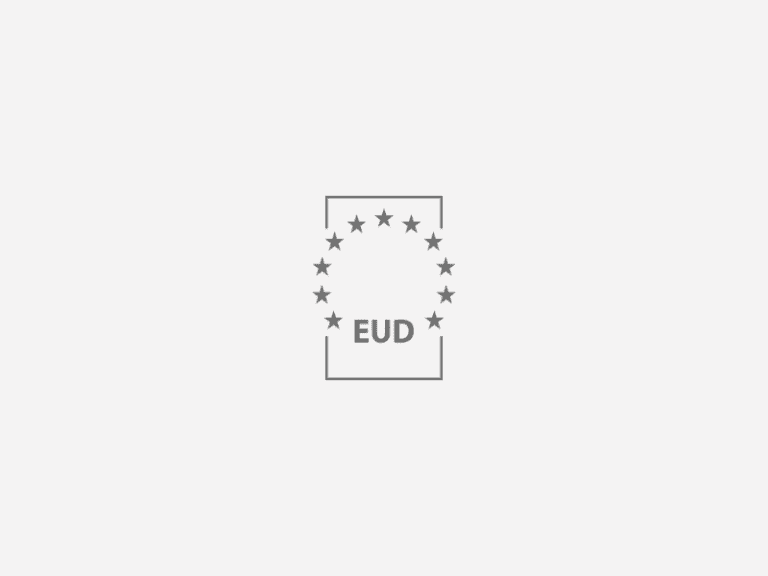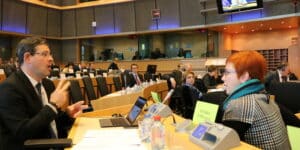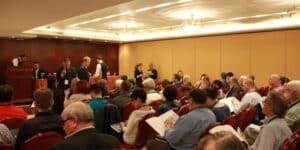Am 28.th of February, EUD attended the high-level conference “Towards a more inclusive European Semester” organised by the European Economic and Social Committee (EESC). The objective of this event was to discuss the state of the European economy, challenges that arise while making the European Semester process more inclusive and its future.
Luca Jahier, President of the EESC, expressed that it is critical to include civil society in the European Semester process. Civil society organisations representing different groups of marginalised people are well aware of certain social issues that are crucial to address. Therefore, their input and insights from the ground should be taken into account, as this can provide valuable input while strengthening the social dimension of the European Semester and making it more inclusive.
During the panel that focused on the European Union’s economy and the future of the European Semester, the speakers emphasised that it is challenging but at the same time necessary to advocate for sustainable and inclusive long-term growth while boosting economic performance in the European Union. It was highlighted that the Country Reports should put further focus on social policies, as the findings of the Annual Growth Survey – a Commission tool for defining the EU’s growth objectives – prove that Member States would welcome more emphasis on social policies when forming Country Specific Recommendations.
During the second panel, several speakers discussed how national civil society organisations can be involved in the EU Semester process. Civil society organisations should engage with the officials responsible for the EU Semester on the national as well as European levels throughout the preparation of the Country Reports. Presenters agreed that the participation of social partners and civil society organisations is necessary for the EU Semester process and helps to increase transparency when it comes to how the Country-Specific Recommendations are drafted.
EUD encourages National Associations of the Deaf (NADs) to become involved during the European Semester process as they can positively influence national legislation in the fields of employment, education, social care and other. EUD has developed a toolkit on European Pillar Social Rights and European Semester that is available on EUD’s website, which explains the processes in detail.













